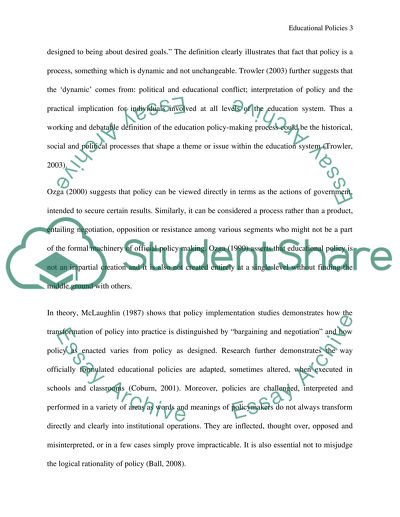Cite this document
(“Education Policies Essay Example | Topics and Well Written Essays - 1750 words”, n.d.)
Retrieved from https://studentshare.org/education/1425895-education-policies-what-is-the-role-of-the-state
Retrieved from https://studentshare.org/education/1425895-education-policies-what-is-the-role-of-the-state
(Education Policies Essay Example | Topics and Well Written Essays - 1750 Words)
https://studentshare.org/education/1425895-education-policies-what-is-the-role-of-the-state.
https://studentshare.org/education/1425895-education-policies-what-is-the-role-of-the-state.
“Education Policies Essay Example | Topics and Well Written Essays - 1750 Words”, n.d. https://studentshare.org/education/1425895-education-policies-what-is-the-role-of-the-state.


